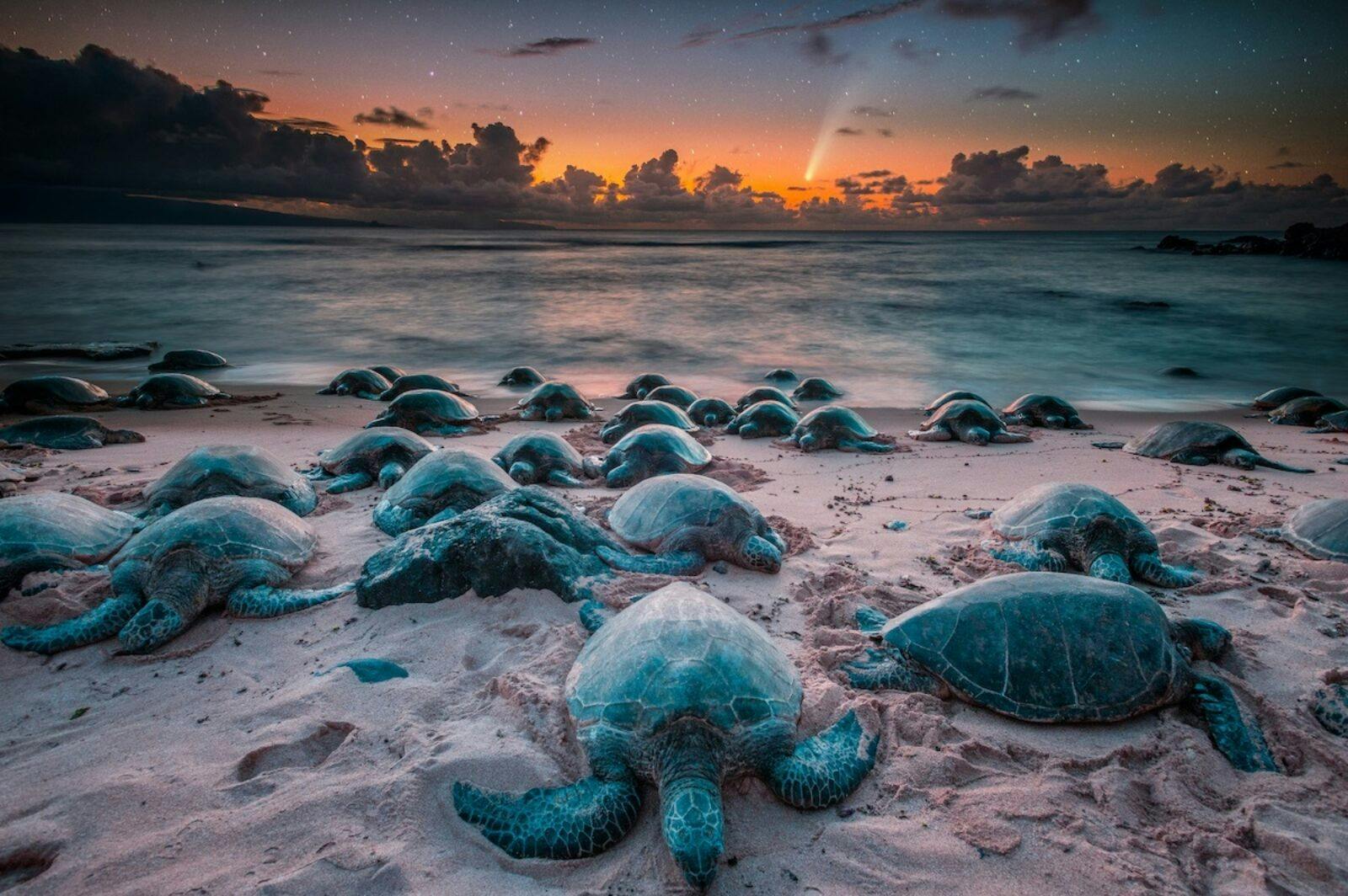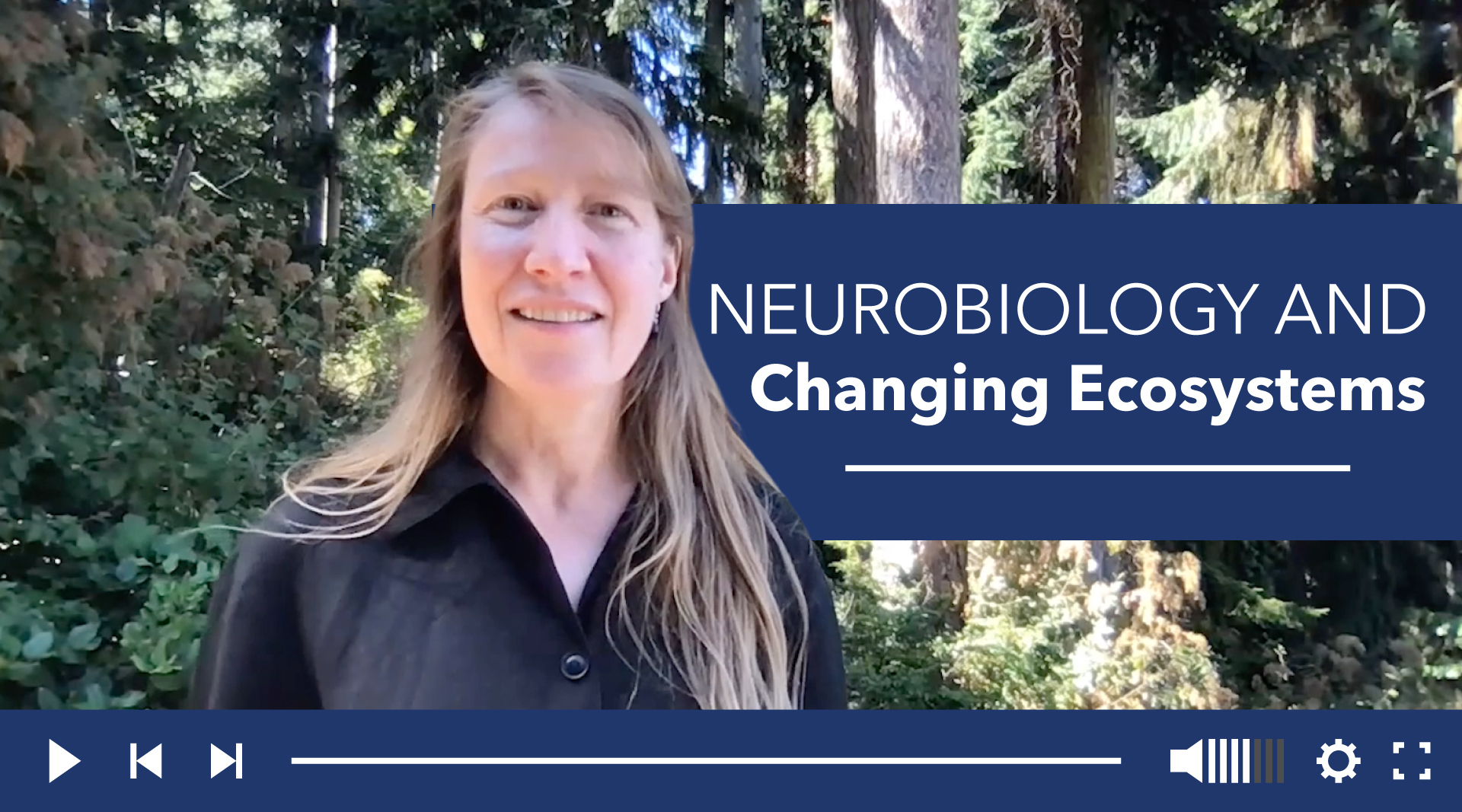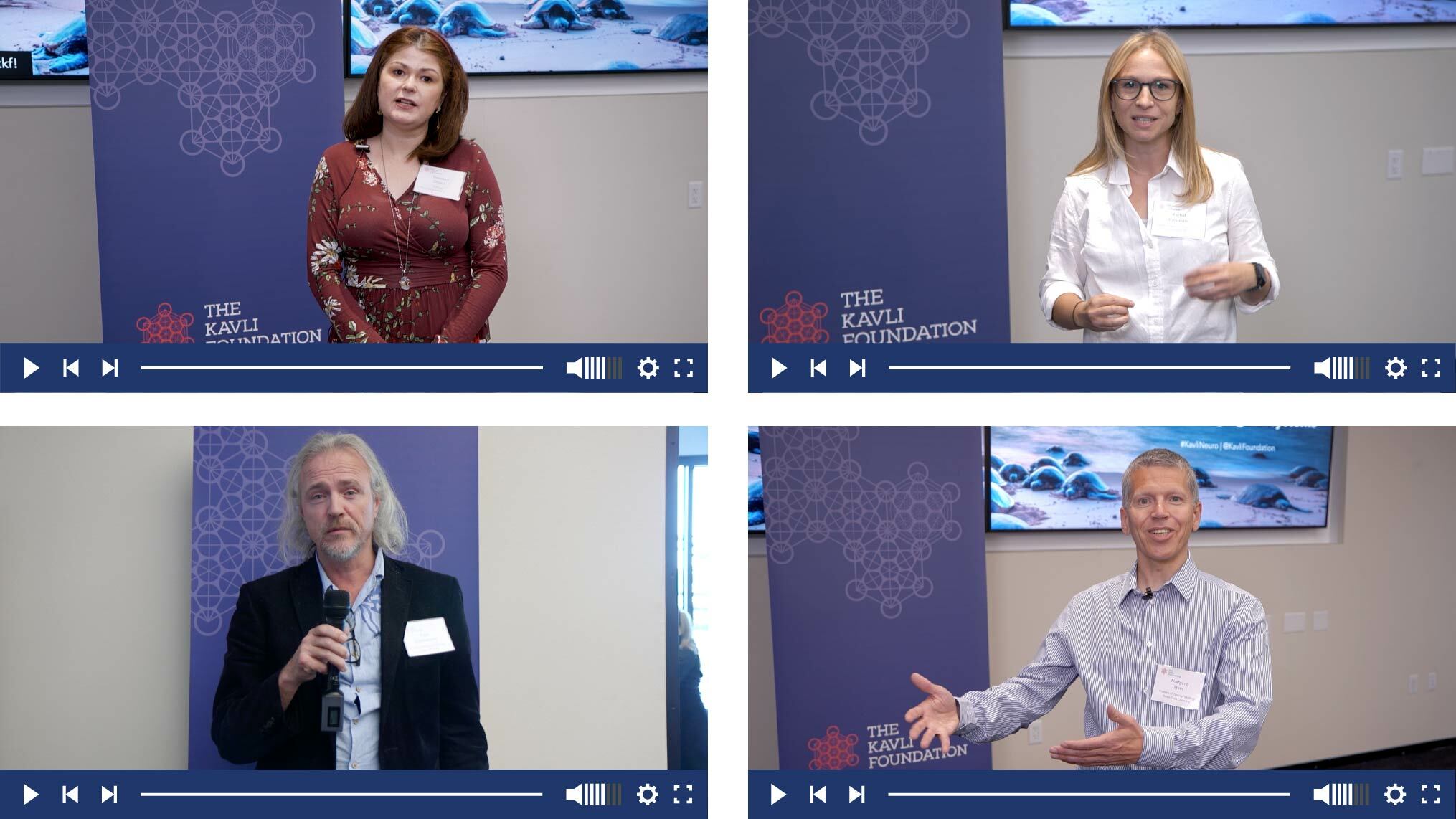Neurobiology and Changing Ecosystems Initiative
by The Kavli Foundation
The Kavli Foundation launches a new initiative to explore how neural systems adapt to changing environments

The Author
How are neural systems impacted by accelerated changes to the environment? That’s a big unanswered question that The Kavli Foundation hopes researchers will explore and better understand through its Neurobiology and Changing Ecosystems initiative, with an initial $5M towards research. Awardees of research grants will study how environmental changes, such as habitat depletion, light pollution, and other disturbances, impact human and animal nervous systems at a molecular, cellular, or circuit level.
Neural systems serve as the orchestrators of the brain’s intricate functions. Among them, sensory systems, such as vision and hearing, finely perceive the world around us, while motor systems swiftly translate these perceptions into purposeful movements. These remarkable systems have evolved over millennia, enabling organisms to sense and respond to their environments. However, with recent rapid environmental change comes a unique challenge – the pace of change may surpass the natural adaptability of our neural systems, potentially leading to unforeseen consequences for the delicate balance between organisms and their surroundings. This presents an opportunity to probe further and ignite research in an important and emerging field.
“We’re excited to begin seeding a new field of research and support scientists who can contribute knowledge in this emerging area,” stated Kavli Foundation President, Cynthia Friend. “We see the societal and scientific importance of this kind of research and hope others will begin investing in this field along with us as there is a great deal to learn.”
Drs. Amy Bernard and Angie Michaiel of The Kavli Foundation co-authored a review exploring this emerging topic published in Frontiers titled Neurobiology and changing ecosystems: Toward understanding the impact of anthropogenic influences on neurons and circuits. The review outlines several areas that merit further inquiry to answer fundamental questions about the resiliency of neural systems, including three major changes that impose stressors on those systems – sensory pollution, ocean acidification and global warming. Examples of unanswered questions are: how might neural systems withstand and recover from environmental disturbances, while maintaining proper function? What are the rules that govern whether an animal will adapt within its ecological niche, or attempt to find another one?

“Scientists have been exploring the behavioral and ecological changes resulting from human-caused activity, but basic research that examines the cellular, molecular, and circuit-level processes underlying those changes is lagging. We want to support and encourage the community in tackling tough questions related to environments in flux and fundamental properties of cells and neural circuits. Ultimately the findings may pave the way to transformative discoveries in function – and resilience – of the brain,” said Amy Bernard, director of life sciences at the foundation.
The Kavli Foundation began exploring this area in 2022, convening leaders from different disciplines and stimulating research through partnerships, such as with the Grass Foundation for the Kavli-Grass Fellowships. These efforts are spurring interest from other funders, including government and philanthropies, to accelerate this field.
“We live in a world that is changing so rapidly, and yet we have little to no knowledge of how nervous systems are responding to and by the environmental flux,” remarked incoming president of the Grass Foundation, Matthew McFarlane.

In November, timed to the Society for Neuroscience annual meeting, the foundation will announce its inaugural Kavli Exploration Awards in Neurobiology and Changing Ecosystems and again bring scientists together to further discuss research in this area. The awards will support research that investigates resilience and adaptability of neural systems given accelerated environmental change.
“I am thrilled that The Kavli Foundation is taking a lead role in supporting research at the intersection of neuroscience and environmental science,” said Rui Costa, president and CEO of the Allen Institute. “This nascent field has great potential for impactful discoveries and needs to be supported. The Allen Institute also just launched a call for proposals to study the nervous system in rapidly changing environments. We hope that other organizations will join.”
